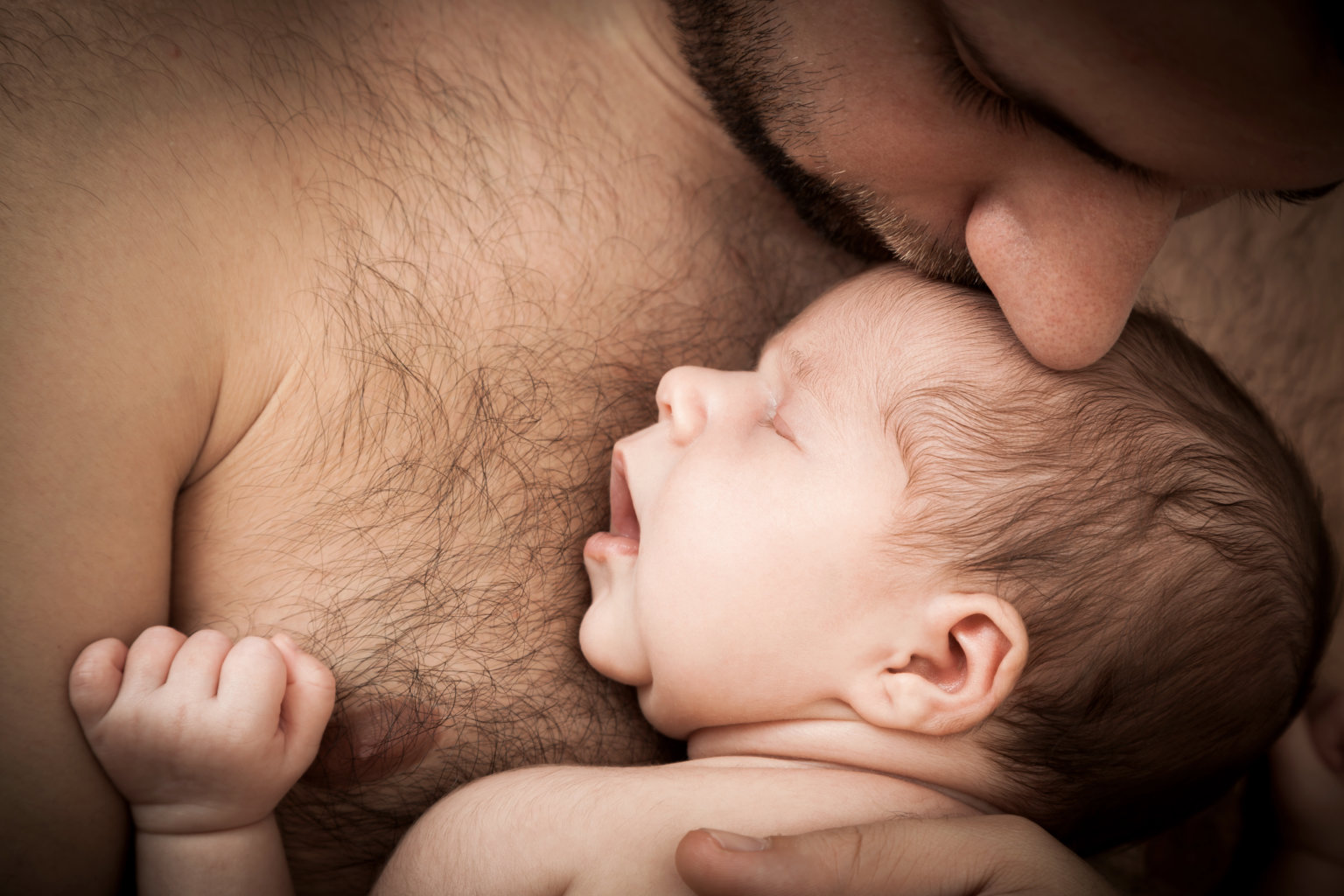LONDON — Becoming a parent is an incredibly exciting time, equal parts inspiring and terrifying. Many new moms and dads can’t help but feel a bit overwhelmed as they welcome their newest addition, but a study out of the United Kingdom reveals a concerning connection between antidepressants and fatherhood.
Scientists at University College London report new dads, if they have a prior history of taking antidepressants, are over 30 times more likely to take these meds again in the first year after having a child. Researchers analyzed data provided by over 500,000 primary care electronic health records from the IQVIA Medical Research Database, spanning January 2007 to December 2016.
More specifically, this project encompassed 90,736 men who welcomed a newborn in the previous year and another 453,632 men who did not. The study authors then examined how many men in each cohort received an antidepressant prescription.
Notably, the team did not see any differences in antidepressant treatment between the two groups. However, researchers add that their findings indicate having a history of antidepressant treatment made fathers significantly more likely to need treatment again after having a child. Thus, the research team suggests it may be beneficial for such men to undergo a mental health check-up with their doctor within a year of having a child.

(© Сергей Чирков – stock.adobe.com)
“Our findings show that the relationship between depression and fatherhood is complex and that previous antidepressant treatment is a key determinant associated with antidepressant use in the year after having a child,” says the study’s lead author, PhD candidate Holly Smith from the UCL Institute of Epidemiology & Health, in a university release.
“This may be because the men are continuing treatment they were on before having a child, or these men may be more susceptible to having feelings of depression again and the challenges of having a new child may exacerbate this,” Smith continues.
“After the birth of a child, attention is normally focused on the health of the mother and baby. However, we need to ensure that new dads get the care they need too by improving research on new fathers and how to engage with them about their mental health.”
Prior studies have suggested that men may be at a higher risk of depression directly following the birth of their child. Estimates show that as many as one in 10 new dads may deal with depression in the year after their child’s birth.
Antidepressants are one of the most widely prescribed treatments for depression. Still, there is very little information available tallying how many fathers are prescribed these drugs in the year after having a child, or how this compares to men who haven’t recently had a child.
Alongside previous antidepressant use, study authors also found that social deprivation appears to be a key factor regarding whether new fathers are prescribed antidepressants. It’s worth noting that dads living in deprived areas had an 18-percent higher risk of receiving an antidepressant prescription in comparison to fathers living in more affluent areas.
The study is published in JAMA Network Open.




Recommended Comments
There are no comments to display.
Join the conversation
You can post now and register later. If you have an account, sign in now to post with your account.
Note: Your post will require moderator approval before it will be visible.